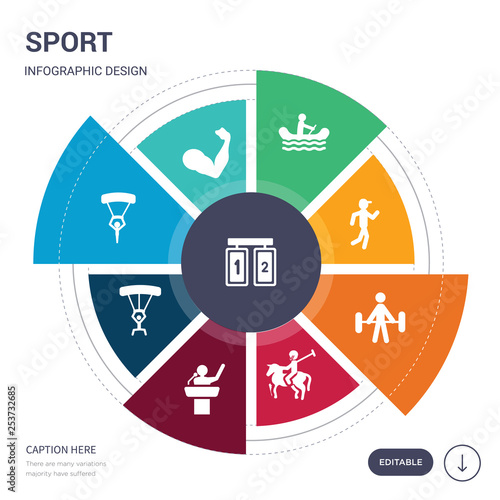Discover Exactly How Youngsters'S Martial Arts Campaigns Develop Technique And Focus, Establishing The Stage For Achievements In Numerous Life Quests
Discover Exactly How Youngsters'S Martial Arts Campaigns Develop Technique And Focus, Establishing The Stage For Achievements In Numerous Life Quests
Blog Article
Short Article Author-Jensen Dejesus
Kids martial arts programs offer more than just physical training; they support developing self-control and focus. As your child participates in organized routines, they learn to focus on jobs and comply with directions, abilities that prolong past the dojo. This process not just shapes their martial arts abilities however additionally affects their academic and personal lives. Curious regarding just how these programs cultivate psychological strength and teamwork? Let's explore additionally.
The Advantages of Framework and Regimen in Martial Arts Training
When youngsters participate in martial arts training, they not only discover self-defense yet additionally benefit from the organized setting that routines provide.
This framework helps them comprehend the importance of technique, as they adhere to details patterns and strategies throughout each session. By adhering to these regimens, youngsters establish a feeling of predictability, which promotes a risk-free room for growth.
Furthermore, this regular method strengthens their emphasis, permitting them to concentrate much better on tasks both inside and outside the dojo. As they proceed via different ranks, the organized method encourages them to set goals and attain milestones.
Ultimately, welcoming framework in martial arts training lays a strong foundation for developing necessary life skills that expand past the mat.
Creating Psychological Sturdiness Through Martial arts
Martial arts training exceeds physical abilities; it's a powerful tool for creating mental sturdiness. As you method, you'll encounter challenges that press your limits and call for resilience.
Each time you step onto the mat, you're not just dealing with strategies; you're discovering to manage stress, stay concentrated, and overcome barriers. When you encounter problems, whether in sparring or types, you'll discover the significance of determination.
You'll learn to control your emotions and maintain a positive mindset, even when things get challenging. This psychological perseverance won't only benefit you in martial arts yet additionally in college and life.
Accepting these obstacles will aid you grow more powerful, extra confident, and better equipped to tackle whatever comes your means.
Cultivating Respect and Teamwork in Classrooms and Beyond
While participating in martial arts courses, you quickly discover the significance of respect and team effort, abilities that extend much past the dojo. Each course emphasizes respecting your trainers and fellow students, fostering an atmosphere where every person can expand together.
You find out to connect properly, whether you're working with strategies or sparring, which translates seamlessly into class settings and group projects.
When you sustain your peers, you build a sense of area that improves knowing. This teamwork additionally motivates you to commemorate others' successes, not just your own.
As karate as an adult lug these values right into day-to-day life, you'll find that respect and collaboration end up being second nature, making you a far better close friend, pupil, and teammate, both in and out of martial arts.
Final thought
In conclusion, enlisting your kid in a martial arts program can substantially boost their discipline and focus. The organized routines teach them responsibility and self-control, while the mental durability they create improves their capability to concentrate. As https://www.whsv.com/2023/07/16/middle-ground-martial-arts-grasps-purpose-fourth-birthday/ learn to appreciate their trainers and job as a team, these abilities carry over into their academic and social lives. By selecting martial arts, you're setting your youngster up for success both inside and outside the dojo.
